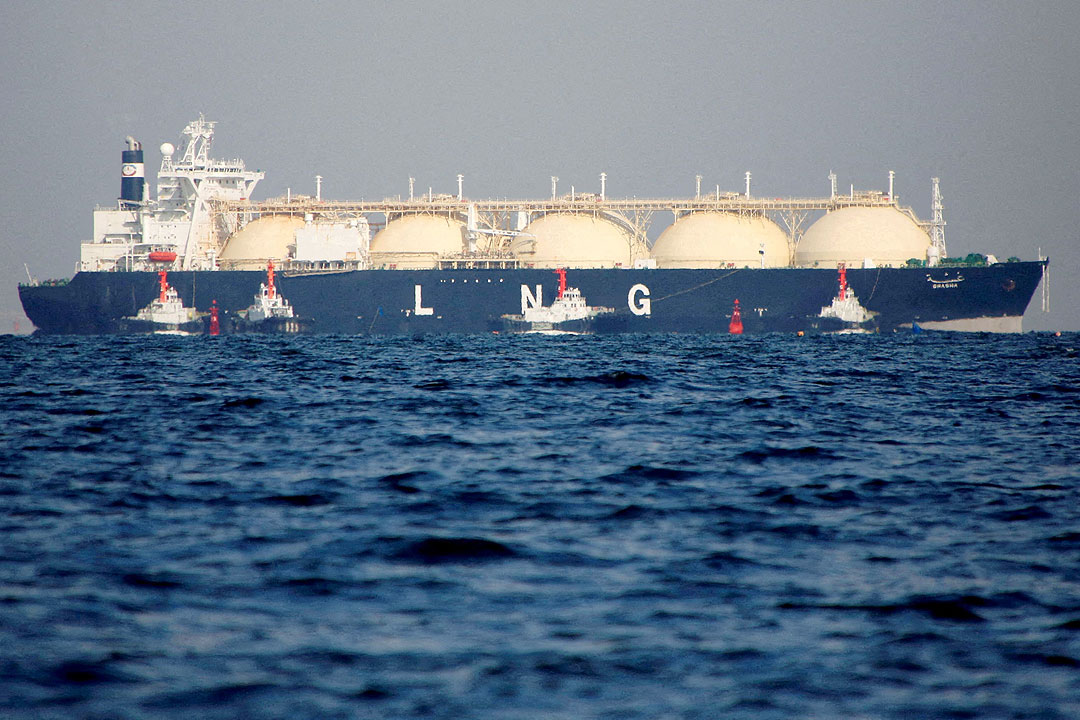
Upgrade to High-Speed Internet for only ₱1499/month!
Enjoy up to 100 Mbps fiber broadband, perfect for browsing, streaming, and gaming.
Visit Suniway.ph to learn
 REUTERS
REUTERSTHE PHILIPPINES’ growing imports of liquefied natural gas (LNG), which is vulnerable to market shocks, in the next four years raises concerns over electricity prices as it may push up generation costs, according to climate research groups.
LNG imports in the Philippines could increase by 508% by 2029, according to a joint analysis of international research group Zero Carbon Analytics (ZCA) and Philippine-based Center for Renewable Energy and Sustainable Tech-nology (CREST).
The groups warned that the country’s increasing reliance on imported LNG “could worsen electricity affordability.”
Based on the analysis, the growth in LNG imports is set to cost the country an estimated $3.9 billion (P218 billion) by 2029.
“The cost of building five new LNG terminals for the imports will add an additional $1.5 billion (P83.7 billion), bringing the total investment for LNG imports to $5.4 billion (P301.5 billion) for the above period,” the groups said.
LNG imports are estimated to increase gas-fired power generation costs by 11-24%, which could impact generation costs — the cost of producing electricity accounting for over half of total electricity bills, the groups added.
“LNG is a globally traded commodity subject to market shocks. Price surges in the past three years, from geopolitical instability and increased European demand, have shown how vulnerable import-dependent countries can be,” the analysis read.
With the concerns raised, the groups said that the downward trend in the cost of generating power from solar and wind make it more cost-competitive than gas in the Philippines, which signals “a long-term structural advantage for renewables.”
“Renewables such as solar and wind are cheaper options than gas both in terms of the upfront costs and generation. Renewables are also a cleaner choice compared to LNG, a fossil fuel that emits significant amounts of green-house gases such as methane,” said CREST President Rei Panaligan.
Mr. Panaligan said that the country has the potential to generate enough indigenous renewable power to meet its own energy demands. “The Philippine government should invest further for more renewables and to start clos-ing permanently the door to fossil fuels.”
“Our analysis shows that importing more gas will likely raise those prices. Instead of importing LNG and building costly LNG infrastructure, the government should look instead to the country’s huge potential for solar and wind, which can now produce electricity more cheaply than gas,” said ZCA Asia Regional Researcher Yu Sun Chin. — Sheldeen Joy Talavera




